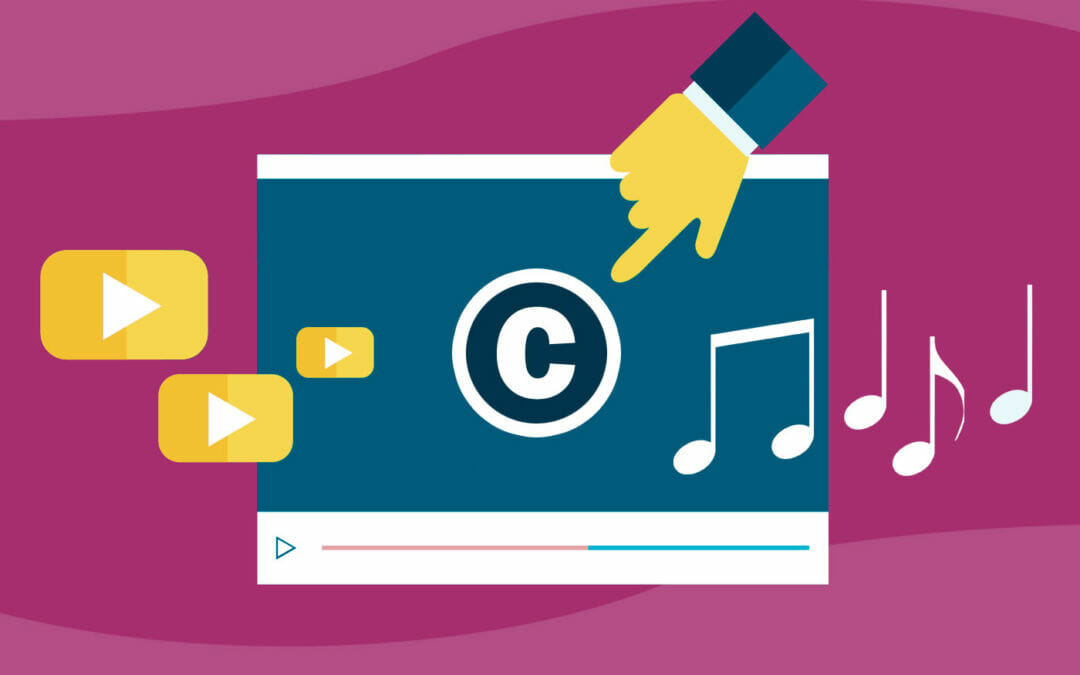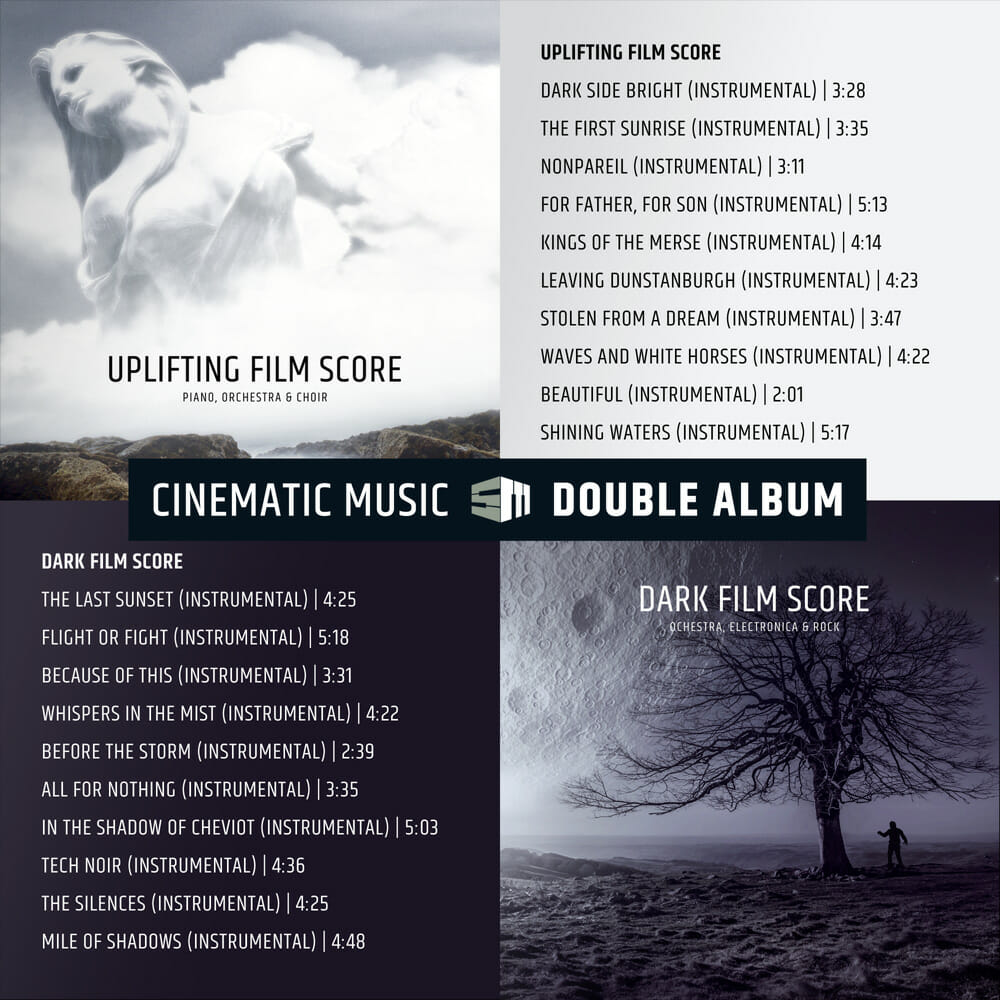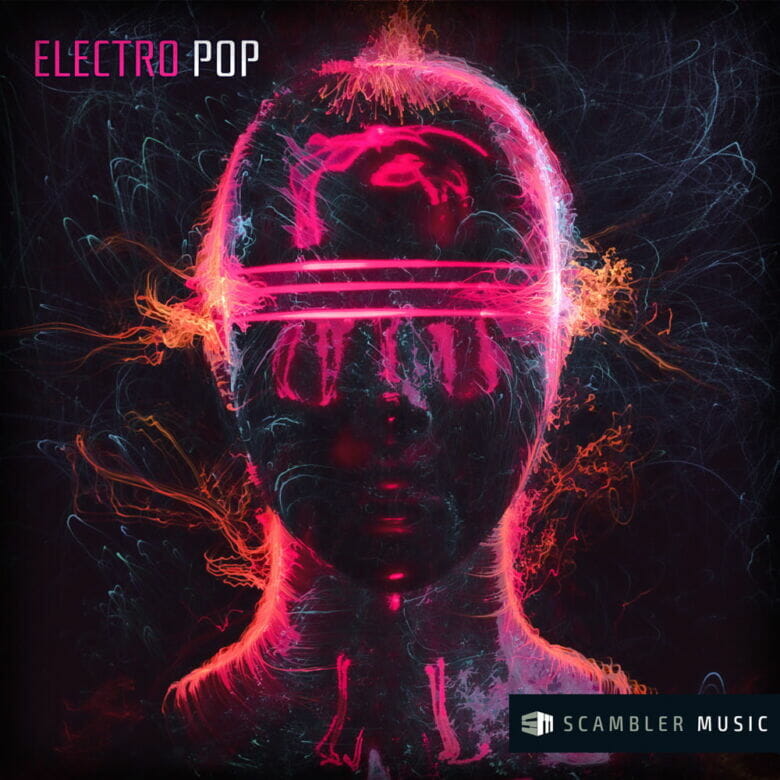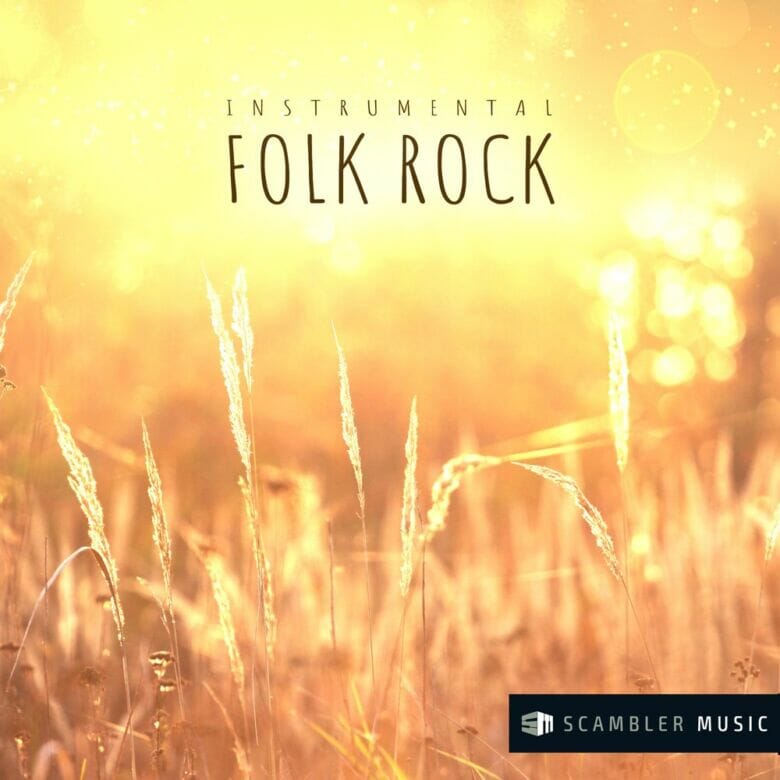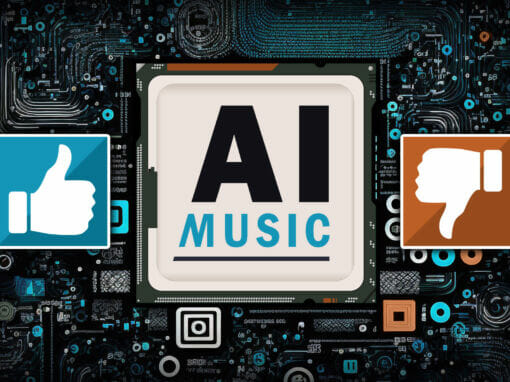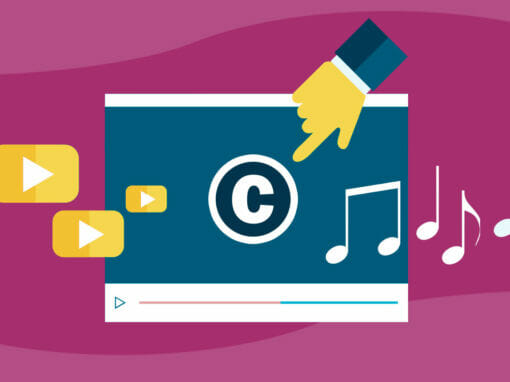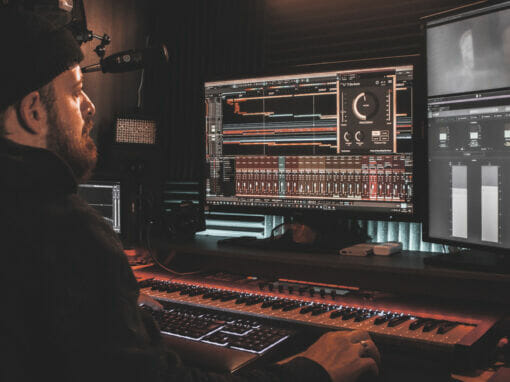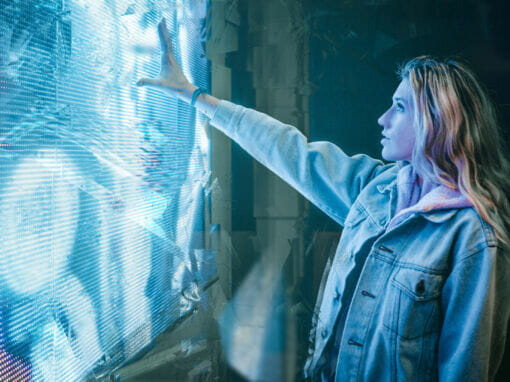Copyright laws for music
This step by step guide on how to get the rights to a song clearly explains what music rights are, what the terms “royalty free music” and “copyrighted music” actually mean, and most importantly, how to cost effectively, and legally, use great quality original songs in your creative productions.
- Copyright laws for music; a brief intro
- The origins of music copyright law
- What do music copyright laws cover?
- How does copyrighted music affect your projects?
- What’s the difference between copyrighted music and royalty free music?
- What types of royalty free music licences are available?
- In summary – a quick cost effective solution
Copyright laws for music; a brief intro
Before we get to licensing, and how to get the rights to a song, it’s important to understand the framework that protects musical creations. That legal framework is copyright, and since its inception, copyright law has been a driving force behind the global music industry. Copyright laws for music offer composers and producers a layer of protection that means they can freely share their musical creations with an audience, whilst ensuring that they are fairly compensated and that their work is safeguarded.
If you’re a YouTuber, a marketer, content creator, or business owner, you’ve probably wanted to use a song in one of your productions, but all recently published tracks are copyrighted. Popular online platforms such as YouTube and Twitch will not accept the use of copyrighted music, buying the rights or licensing the track is invariably prohibitively expensive, and if you went ahead and used a copyrighted song regardless then you’d be breaking the law and be open to legal action as well as potential financial damages.
In order to explain what can sometimes seem like a complex and frustrating system we’ll delve deeper into the world of music copyright and offer an affordable, high quality alternative to traditional (and expensive) sync licensing.
The origins of music copyright law
Copyright music laws date back to 1710 when the British Parliament passed the Statute of Anne, the world’s first copyright law. This revolutionary law recognised the importance of giving musicians the exclusive right to control how their music was used and distributed.
At the time, copyright protection only lasted for seven years. In time, the Statue of Anne was replaced by various Acts extending copyright to 42 years. Today, the Copyright, Designs, and Patents Act 1988 protects music, books, video games, and even software applications for up to 70 years after the creator’s death.
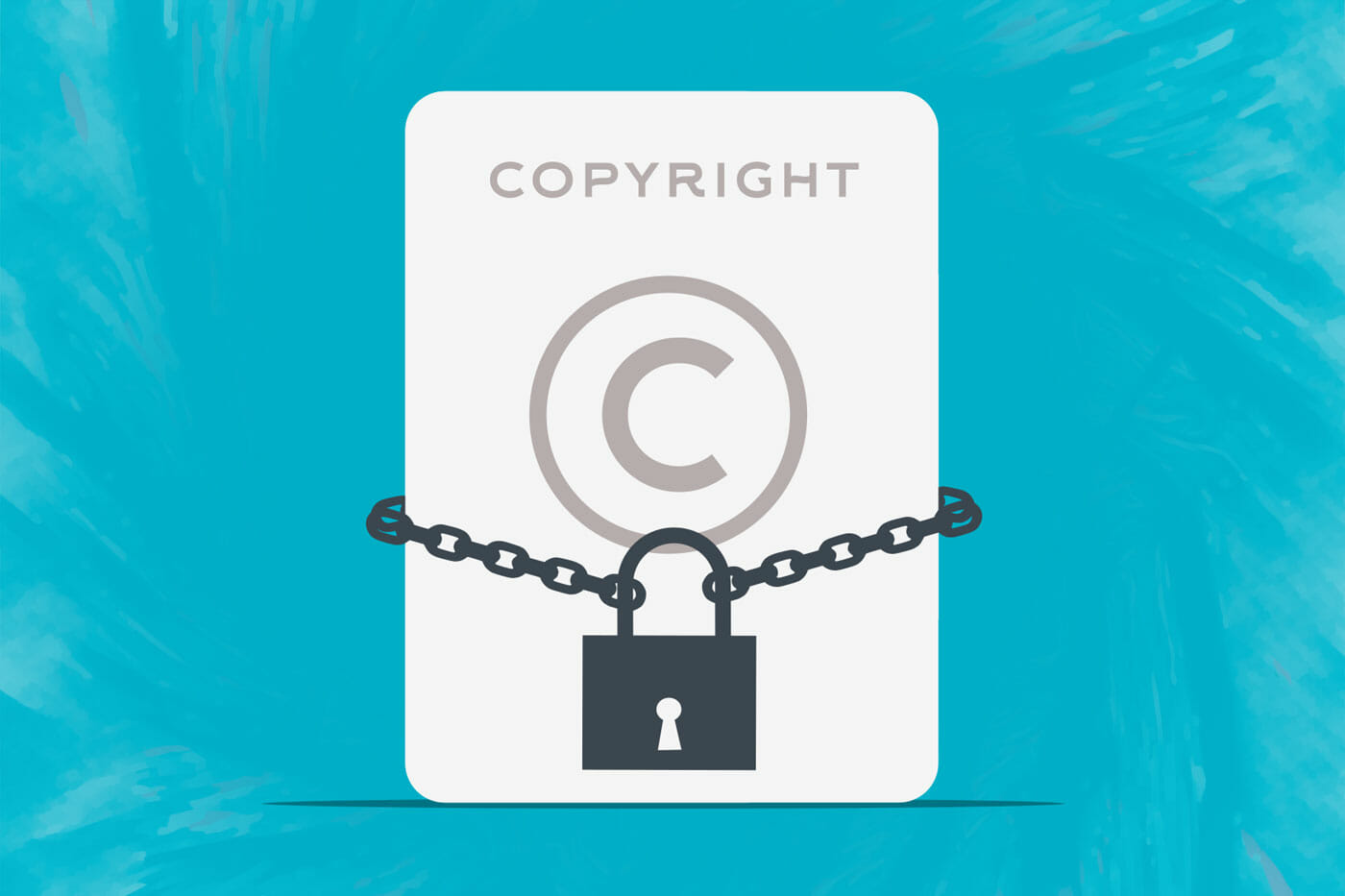
What do copyright laws for music cover?
Since the Copyright, Designs, and Patents Act 1988 was introduced, copyright law has adapted to keep up with technological changes, streaming, and the music industry. Today, copyright music law extends to all forms of music, including digital music files and online streaming. In addition, it covers a range of areas, including:
- Derivative works
The right to create new works based on the original music, like remixes or audio visual projects. Even if you use the composition for a non-revenue generating project, such as a personal project or student film, you would still need to go through a lengthy and expensive process to clear the rights to use the music. - Reproduction
The right to make copies of the music, whether in physical or digital form. - Distribution
The right to sell or distribute copies of the music to the public (including through streaming services). - Public performance
The right to perform music in public, including concerts and festivals, and other public events. - Display
The right to display the musical work, for example, in sheet music or album artwork.
How does copyrighted music affect your projects?
If you don’t know how to get the rights to a song and wrongfully use a copyrighted track in a film, advert, or creative production, then the impact on the success of your project, and your finances, could be significant. If you don’t hold the rights to a song, and you haven’t gone through the traditional, and expensive, process of obtaining a sync license, then you may be affected in one of the following ways:
- You risk legal action
Music copyright infringement can result in legal action from the copyright owner, which may lead to financial penalties, legal fees and the payment of additional royalties. This can be a significant setback for your project and may even cause it to be cancelled or delayed. - You risk limited distribution
You may be limited in how and where you can distribute your work. For example, you won’t be able to show your project publicly, or sell it, which will severely hinder your ability to reach your business goals. - You risk your professional reputation
A music copyright infringement can be perceived as dishonest, disrespectful, unprofessional and unethical, which is a shortcut to damaging your professional reputation.
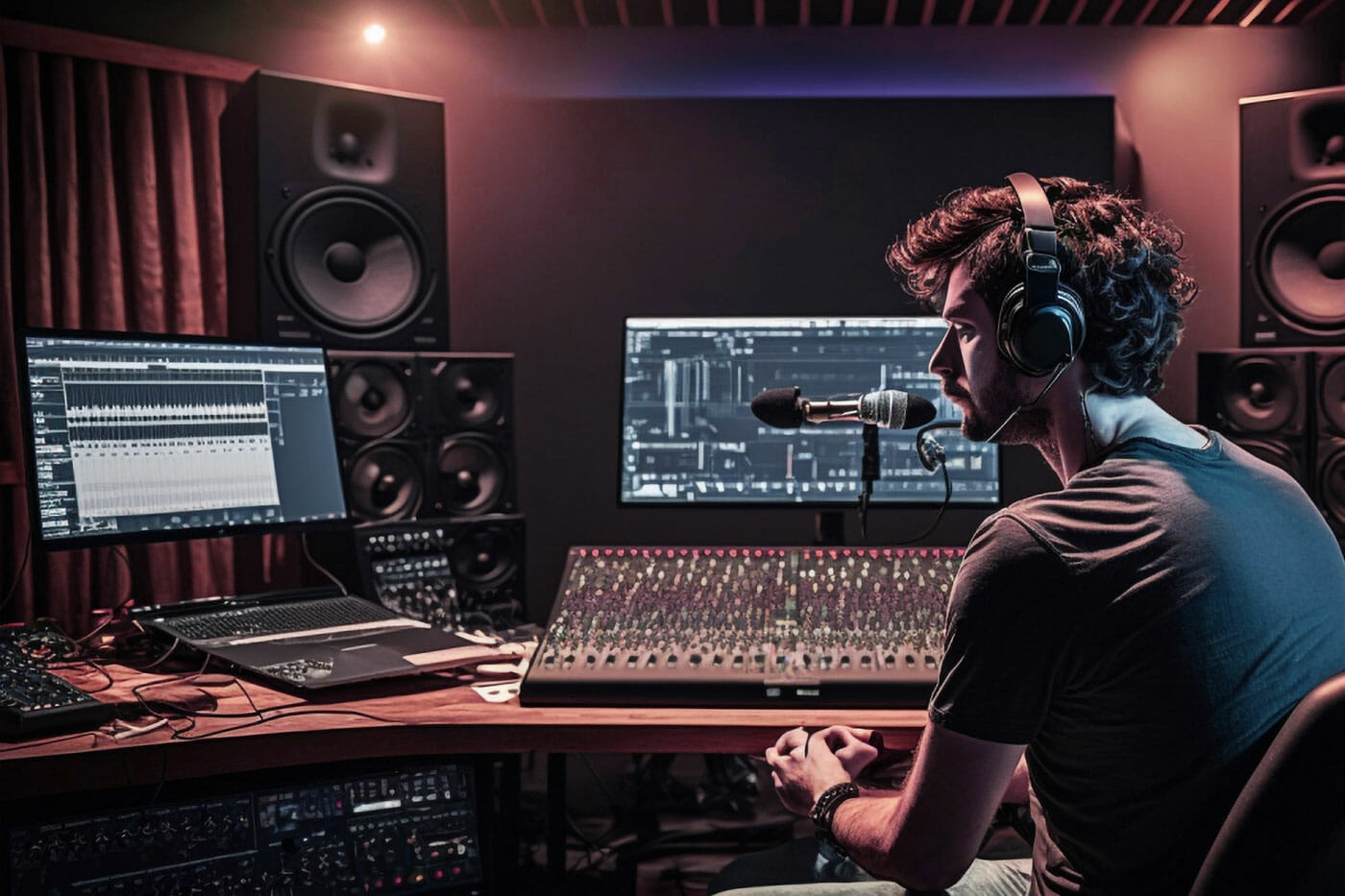
What’s the difference between copyrighted music and royalty free music?
Although some use the terms “copyrighted music” and “royalty free music” interchangeably, these are two unique frameworks with differing legal implications and uses.
Copyrighted music is owned by the creator, or owner, and the purchase of a detailed license is required before it can be legally used in any non-commercial or commercial project, such as a video, advert or film. Unfortunately this can be prohibitively expensive (often tens of thousands of pounds per individual project) and each licence will be specific to a pre-agreed media type, geographic location and timeframe.
If the specifics of the project change (for example the advert is going to air in a different country, on another platform, or for a longer period of time) then the purchase of an additional licence is required to cover those changes. What’s more, every time the video, ad or movie is aired, further royalty payments will be due to the song creator or owner (the copyright holder).
Conversely, royalty free tracks (which are often just as good, and even more diverse than popular chart music) can be used at much lower cost, have far fewer technical restrictions, and there are no royalty payments due once a licence is purchased for a particular piece of music.
There are, however, misconceptions about the term “royalty free music”, so it’s important to note that royalty free tracks, even when licensed, remain copyrighted, and you will only be able to use the music within the legal framework of the licence.
What types of royalty free music licences are available?
Content creators often wonder how to get the rights to a song, and unfortunately then go on to discover the rather complicated traditional licensing framework detailed above. As a consequence, royalty free music licensing has grown increasingly popular among YouTubers, marketing creatives and businesses. However, not all royalty free licences are created equal, nor are the costs, quality and originality always comparable. At Scambler Music, we offer two basic licences that cover the use of our unique, exclusive and diverse music; a standard licence and a premium licence. Here are the differences between the two:
Standard Music License
Non-commercial
£49 per MP3
or
£399 per album – saving £91!
View example non-commercial use
Premium Music License
Commercial
£199 per MP3
or
£1599 per album – saving £391!
View examples of acceptable commercial use
Standard Music License
A standard royalty free music licence lets you use the music as often as you want in any not-for-profit, ad-free project that doesn’t generate money or promote a business (you cannot use a standard music licence if you’re planning on generating revenue or advertising a service). In short, it’s perfect for non-commercial personal projects, charitable activities or training and educational media.
Premium Music License
With a premium royalty free music licence you can use the music as many times as required and generate revenue from projects. This is a great way to enhance your creative media with unique high quality music while staying legally compliant, and the premium licence is ideal for any form of commercial project, corporate marketing or promotional work.
No matter which type of royalty free licence you purchase, there are a few things that the licence does not cover, and this relates to the fact that royalty free music is not copyright free. Copyright laws for music mean that purchasing a royalty free track licence does not allow you to:
- Claim licensed music as your own or transfer the license to another party.
- Sell, relicense, transfer, distribute, share or otherwise give away licensed music.
- Register music with YouTube CID/UGC or the Facebook Rights Manager Service.
- Register or stream licensed music on any music streaming platform.
- Sample, remix or otherwise reproduce licensed music.
- Rerelease, redistribute or otherwise republish licensed music.
- Use in Twitch streams; search “Scambler” on Pretzel to use DMCA safe music on Twitch.
In summary – a quick cost effective solution
If you’re wondering how to get the rights to a song, and you want to abide by copyright laws for music without breaking the bank, then using royalty free music is an excellent choice for content creators, businesses, and individuals looking to enhance their projects without risking legal action.
With Scambler Music, licensing or royalty free music enables you to elevate your production with cinematic, driving, or inspiring songs and instrumentals that will engage your audience and make your brand, production, or creative vision unforgettable.
- AI music; the pros and cons explained, by AI! - March 22, 2023
- Video game music for developers – low cost licensing - February 14, 2023
- How to get the rights to a song; a must read - October 14, 2022
